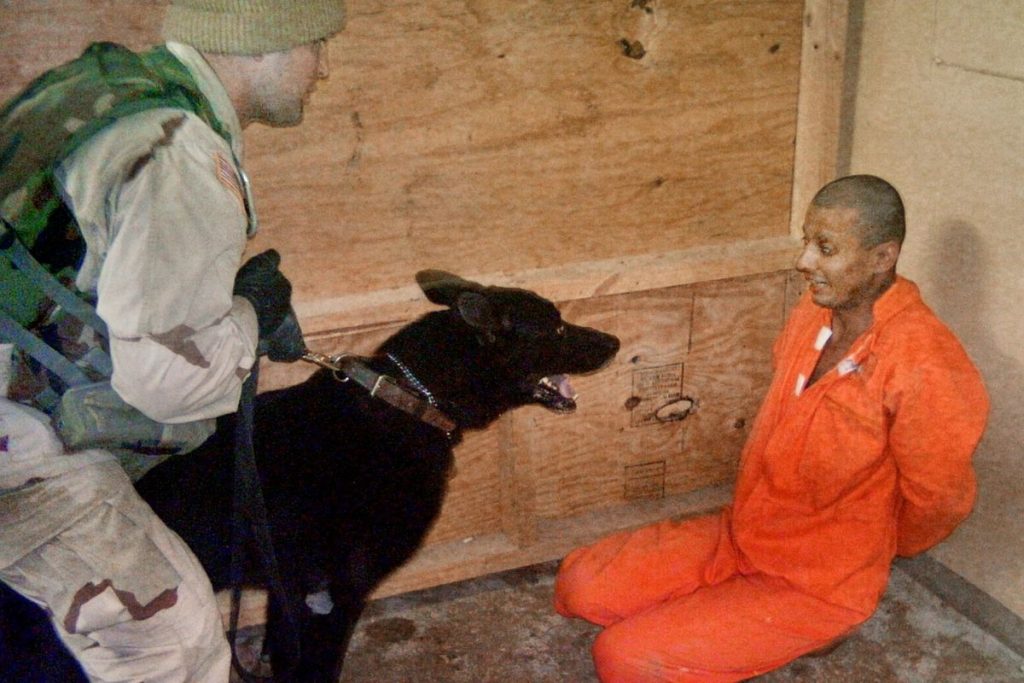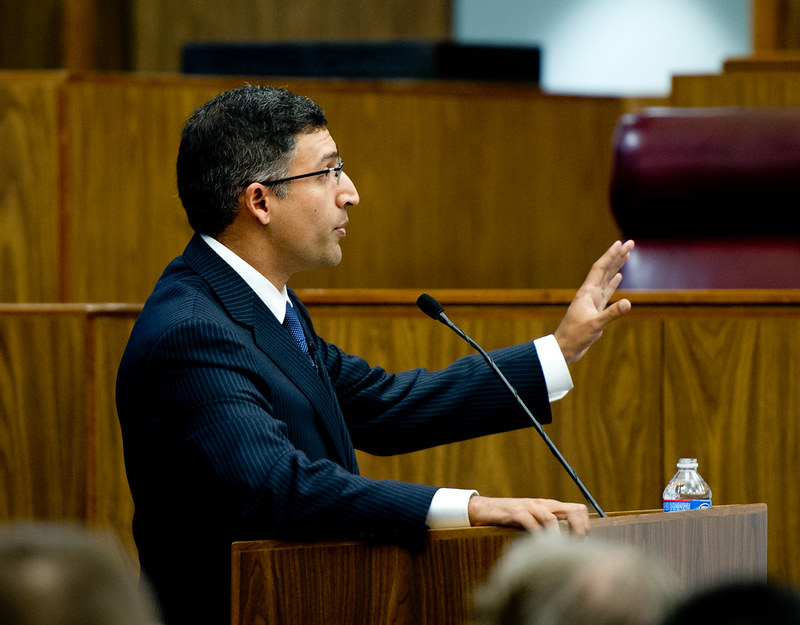“Meanwhile, the U.S. government STILL hasn’t provided compensation or other redress to people tortured by U.S. troops in Iraq,” said one observer. “These three men are the lucky few.”
By Brett Wilkins Published 4-15-2024 by Common Dreams

(Photo: U.S. Army)
Two decades after they were tortured by U.S. military contractors at the notorious Abu Ghraib prison near Baghdad, three Iraqi victims are finally getting their day in court Monday as a federal court in Virginia takes up a case they brought during the George W. Bush administration.
The case being heard in the U.S. District Court in Alexandria, Al Shimari v. CACI, was first filed in 2008 under the Alien Tort Statute—which allows non-U.S. citizens to sue for human rights abuses committed abroad—by the Center for Constitutional Rights (CCR) on behalf of three Iraqis. The men suffered torture directed and perpetrated by employees of CACI, a Virginia-based professional services and information technology firm hired in 2003 by the Bush administration as translators and interrogators in Iraq during the illegal U.S.-led invasion and occupation.
Continue reading

